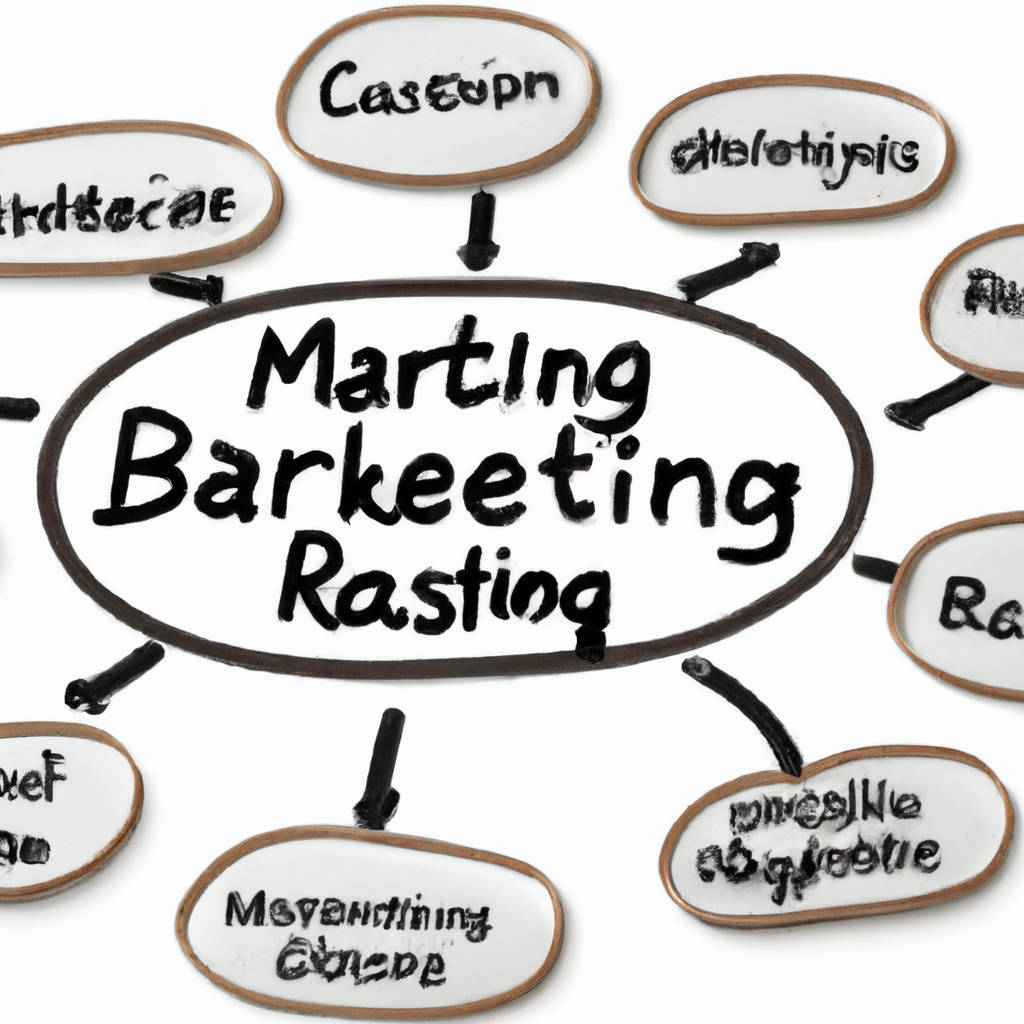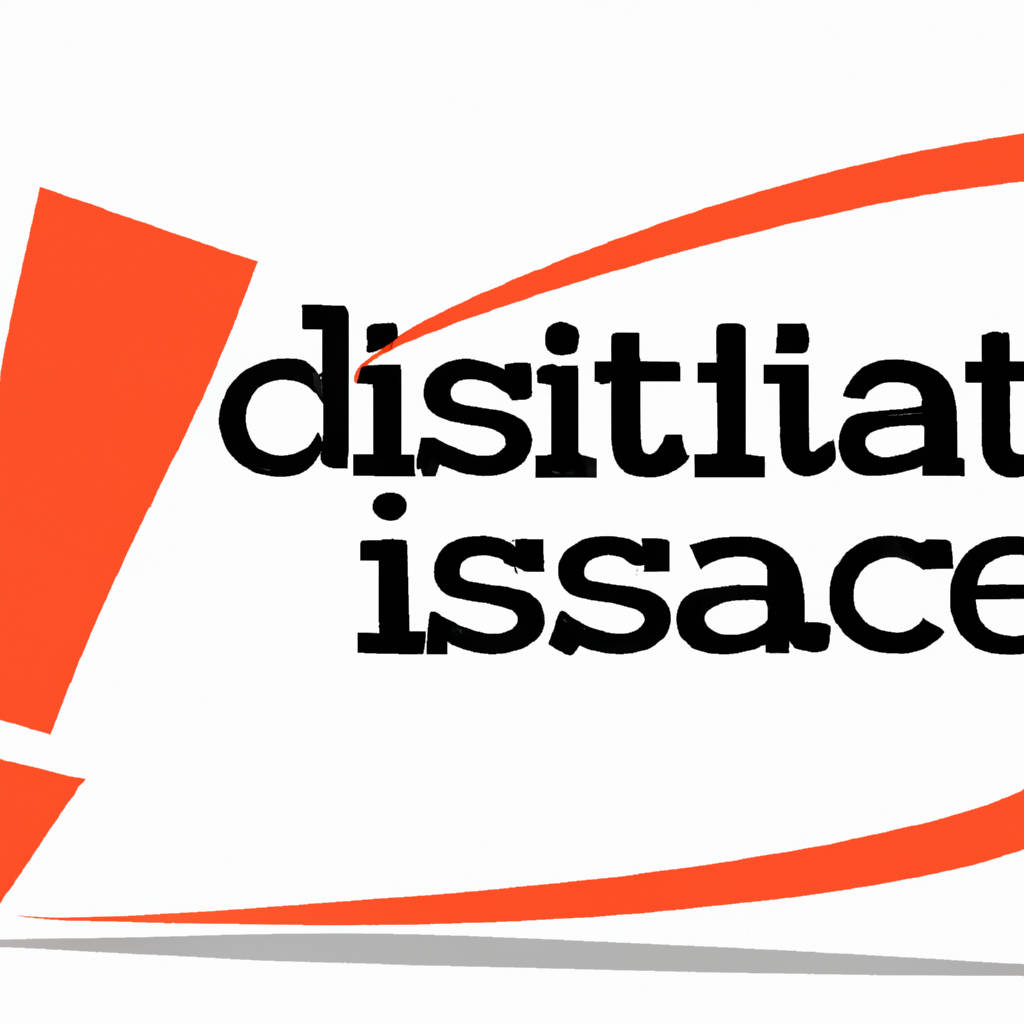Database marketing is a crucial tool for enterprises looking to connect with their customers in a more targeted and personalized way. By leveraging customer data stored in a database, businesses can tailor their marketing efforts to specific audiences, leading to increased engagement, loyalty, and ultimately, sales. With the ability to track and analyze customer behavior and preferences, companies can gain valuable insights into their customer base, allowing them to create more effective marketing campaigns that resonate with their target audience.
Furthermore, database marketing enables businesses to segment their customer base and create personalized messages that speak directly to the needs and interests of different customer groups. This level of customization can lead to higher conversion rates and improved customer satisfaction, as customers feel understood and valued by the brand. In addition, database marketing allows enterprises to track the effectiveness of their marketing efforts, enabling them to make data-driven decisions and optimize their strategies for better results. Overall, database marketing is a powerful tool for enterprises looking to enhance their marketing efforts and build stronger relationships with their customers.

Understanding Database Marketing
Database marketing is a valuable tool for businesses looking to understand and target their customer base more effectively. By collecting and analyzing customer data, companies can gain insights into their customers’ preferences, behaviors, and purchasing habits. This information can then be used to create targeted marketing campaigns that are more likely to resonate with customers and drive sales. By segmenting customers based on their demographics, buying history, or other relevant factors, businesses can tailor their messaging to specific segments, increasing the likelihood of a positive response.
Additionally, database marketing allows businesses to track the effectiveness of their marketing efforts and make data-driven decisions to optimize their strategies. By continuously updating and refining their customer database, businesses can stay ahead of market trends and maintain a competitive edge in their industry. Ultimately, understanding database marketing is essential for businesses looking to maximize their marketing ROI and build long-term relationships with their customers.
Crafting a Robust Marketing Database
Crafting a robust marketing database is essential for businesses looking to connect with their target audience effectively. By collecting and organizing valuable data on customers, companies can better understand their preferences, behaviors, and needs. This information allows businesses to tailor their marketing campaigns to specific segments of their audience, increasing the likelihood of engagement and conversion.
Building a comprehensive database requires the collection of various types of data, including demographics, purchase history, and interaction with the brand. Additionally, businesses must ensure the accuracy and security of the data collected to maintain customer trust and compliance with data protection regulations. Regularly updating and refining the database is also crucial to ensure its relevance and effectiveness in driving marketing strategies. Ultimately, a well-crafted marketing database can serve as a powerful tool for businesses to optimize their marketing efforts, increase customer loyalty, and drive business growth.

1) Essential Customer Data Points
Essential customer data points are crucial pieces of information that businesses collect in order to better understand and serve their customers. These data points can include demographic information such as age, gender, and location, as well as behavioral data like purchase history and website interactions. By analyzing this data, businesses can gain valuable insights into their customers’ preferences, habits, and needs, allowing them to tailor their products and services to better meet customer expectations.
In today’s competitive marketplace, understanding customer data points is essential for businesses to stay relevant and competitive. However, it is important for businesses to ensure that they are collecting and using this data in a responsible and ethical manner, respecting customer privacy and data protection laws. By leveraging customer data points effectively, businesses can improve customer satisfaction, increase loyalty, and drive growth. Ultimately, understanding and utilizing essential customer data points is key to building strong relationships with customers and driving long-term success.
2) Foundational Customer Grouping
Foundational customer grouping is a common practice in business where customers are categorized based on certain criteria such as demographics, behavior, or purchasing habits. This helps businesses better understand their customer base and tailor their products and services to meet the specific needs and preferences of each group. By grouping customers together, businesses can create targeted marketing campaigns, improve customer service, and ultimately increase sales and profitability.
However, it is important for businesses to be mindful of how they group customers to ensure they are not discriminating against any particular group. By using foundational customer grouping ethically and responsibly, businesses can effectively reach their target audience and build strong, long-lasting relationships with their customers. This practice enables businesses to better serve their customers and provide them with products and services that meet their individual needs and preferences. Overall, foundational customer grouping is a valuable tool for businesses to better understand their customer base and create a more personalized and engaging experience for their customers.

3) Sophisticated Customer Profiling
Sophisticated customer profiling is a practice that involves gathering and analyzing data about customers in order to better understand their preferences, behavior, and needs. By utilizing advanced technologies and techniques, businesses are able to create detailed profiles of their customers, allowing them to tailor their products and services to meet their specific needs. This can lead to more personalized marketing campaigns, improved customer service, and ultimately, increased customer satisfaction and loyalty.
However, there are concerns about privacy and data security when it comes to sophisticated customer profiling. Some customers may feel uncomfortable with the level of information that businesses are able to collect about them, leading to questions about transparency and consent. It is important for businesses to be transparent about the data they are collecting and how it will be used, as well as to ensure that they are following all relevant regulations and guidelines to protect customer data. Ultimately, sophisticated customer profiling can be a valuable tool for businesses to better understand and serve their customers, but it is important to strike a balance between using data effectively and respecting customer privacy.
Strikingly’s Impact on Database Marketing
Strikingly, a website building platform, has had a significant impact on the world of database marketing. By providing users with the ability to easily create visually appealing websites, Strikingly has empowered businesses to collect valuable data from their visitors. This data includes information such as email addresses, phone numbers, and even demographic details. With this information in hand, businesses can create targeted marketing campaigns that are tailored to the specific needs and preferences of their audience.
This has led to increased engagement and conversion rates for many companies that utilize Strikingly’s services. Additionally, Strikingly’s user-friendly interface makes it easy for businesses to manage and analyze their data, allowing them to make informed decisions about their marketing strategies. Overall, Strikingly has revolutionized the way businesses approach database marketing, providing them with the tools they need to succeed in an increasingly competitive market.

In Summary: Leveraging Database Marketing
Database marketing is a powerful tool that businesses can use to target their marketing efforts more effectively. By collecting and analyzing customer data, companies can gain valuable insights into their customers’ needs, preferences, and behaviors. This allows them to tailor their marketing campaigns to specific segments of their customer base, increasing the likelihood of success. Additionally, database marketing enables businesses to track the effectiveness of their campaigns and make adjustments as needed to improve results.
By leveraging database marketing, businesses can maximize their marketing ROI and better connect with their customers. This approach can lead to increased customer loyalty, higher conversion rates, and ultimately, a more profitable business. In summary, database marketing is a valuable strategy that can help businesses better understand and reach their target audience, leading to improved marketing outcomes and overall business success.
